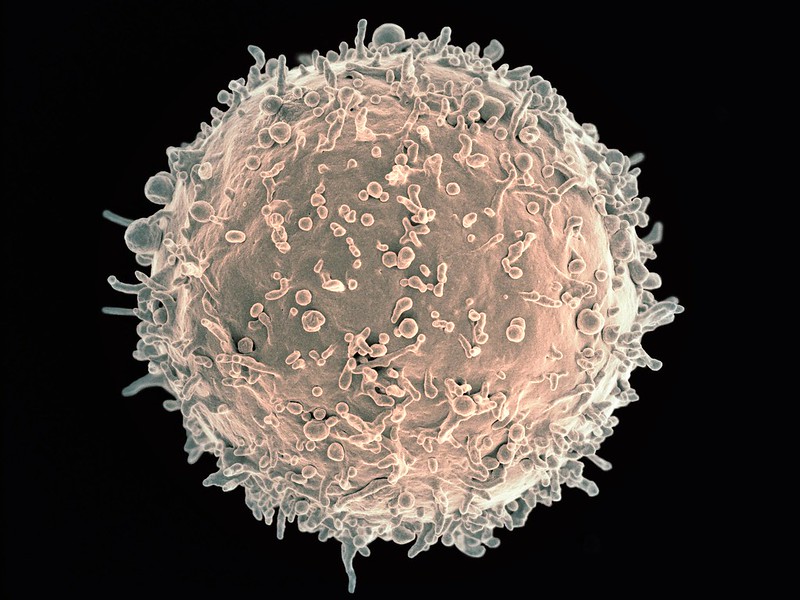
When the immune system is compromised due to various conditions and medicines, patients can experience opportunistic infection. Now, researchers reporting in Cell Reports have uncovered a sex-based variance in the trained immune memory response to infection in mice that might translate to humans.
The researchers, from the University of Missouri School of Medicine, found that female mice were more vulnerable to opportunistic infection from a bacterial pathogen to which they had previously been exposed when progesterone levels were naturally elevated as part of their reproductive cycle.
“Differences in immune response in males and females have been observed before. For instance, males had increased morbidity and severity of COVID-19 from SARS-CoV-2 infections,” said Dr Adam Schrum, associate professor in the Department of Molecular Microbiology and Immunology. “But females are known to suffer other infections worse than males. Our research found that female mice were far more vulnerable to opportunistic bacterial infection than male mice because of a sex-based difference in their trained immunity.”
To understand why the immune systems of female and male mice responded differently to a bacterial pathogen, the researchers examined whether the reproductive cycle affected immune training. They found that elevated progesterone levels correlated with lower trained immune responses. To test this more fully, the researchers gave the female mice progesterone blockers and found that their trained immune response was subsequently enhanced.
“The female mice had significantly restored trained immune response when progesterone was blocked, reaching comparable levels to those of male mice,” said Schrum. “Sex hormone-based modulation of immune function needs more study to be fully understood, but as a first step we can conclude that immune training is influenced by a progesterone-dependent mechanism that results in a sex bias in mice.”
In addition to further study to understand how and why progesterone specifically influences trained immune responses in mice, the researchers pointed out that because mice have shorter estrous cycles than the human menstrual cycle, further research is needed to understand how sex hormones might affect human immune training.
Source: University of Missouri-Columbia

